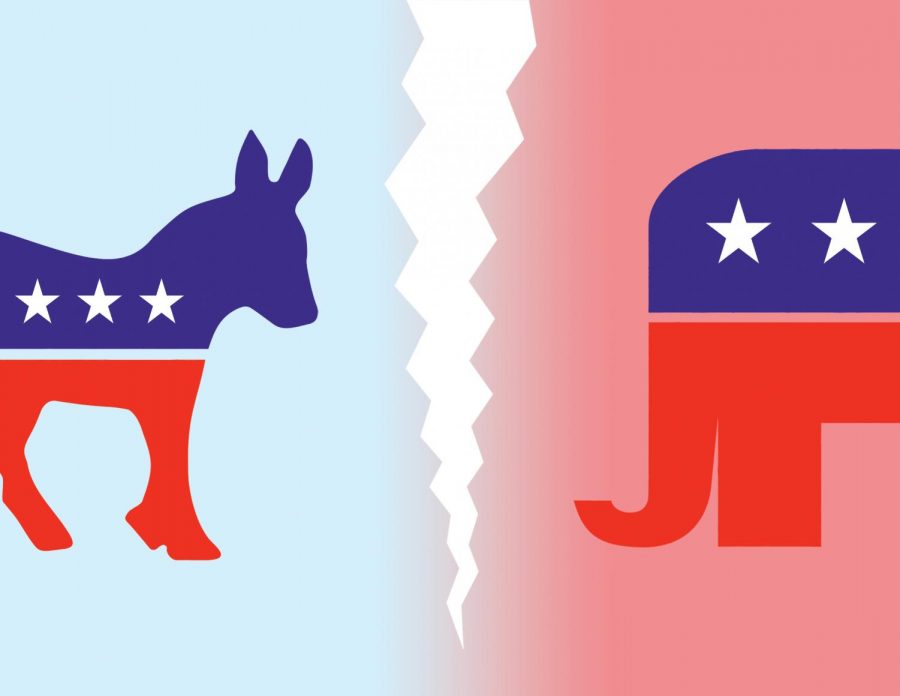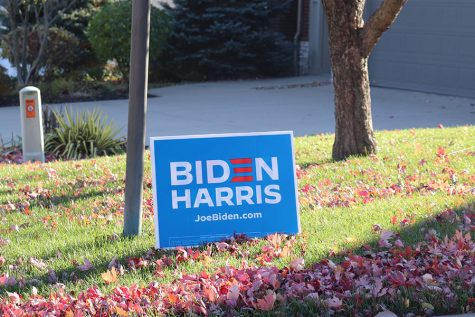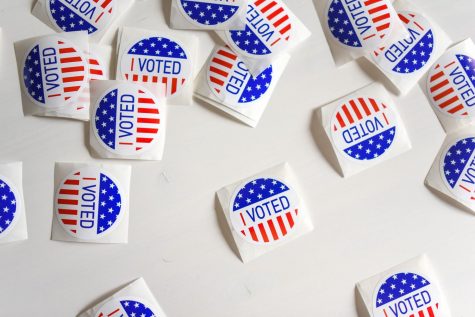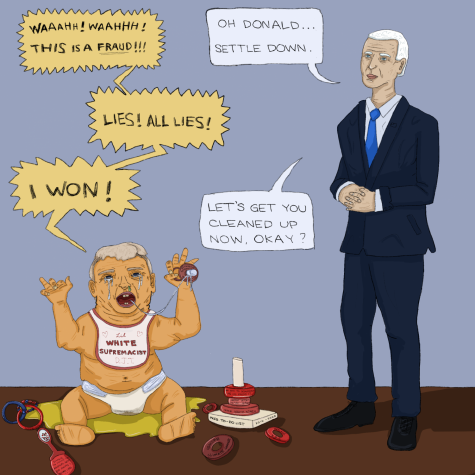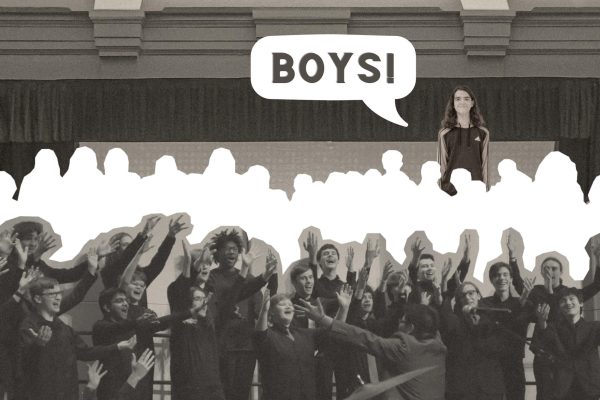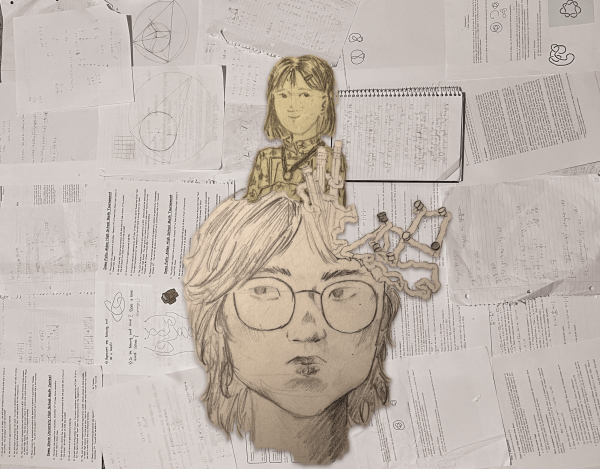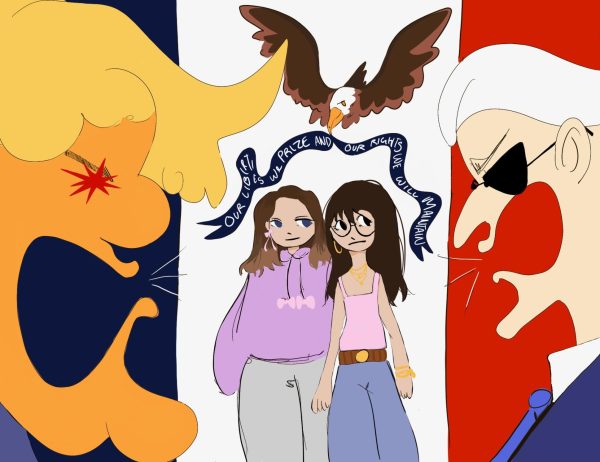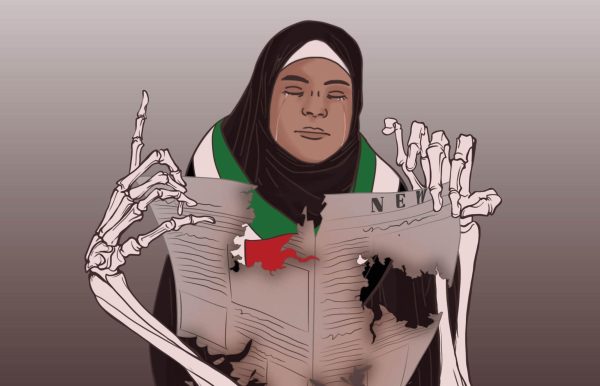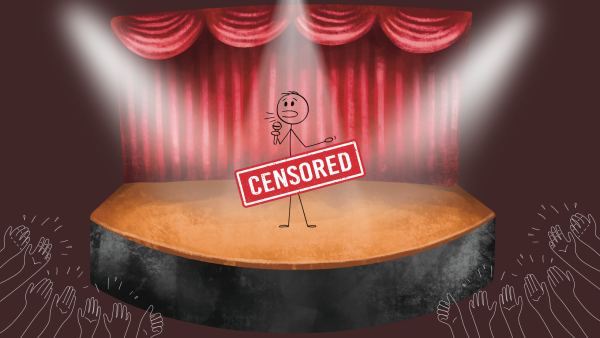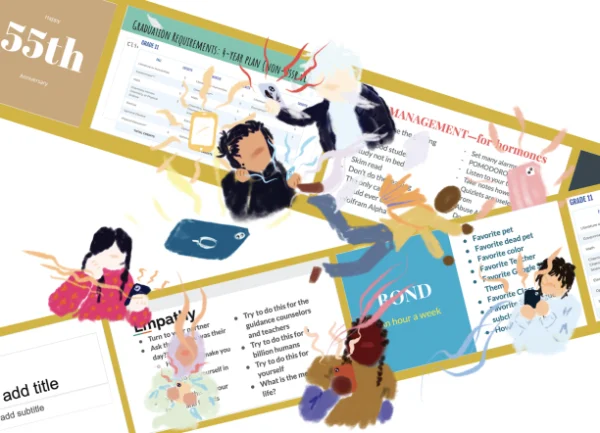What’s at stake
Even though the 2020 election is over, vicious political partisanship is rampant throughout the country, coming at the expense of many marginalized groups’ rights.
The divide between Democrats and Republicans is ever-apparent.
2020 is the year politics became a spectator sport with detrimental consequences. While this never-ending match between Democratic and Republican competitors plays out, many can only watch from afar, hoping that this time their rights are not the ones at stake.
Although there has always been a divide between Democrats and Republicans, President Trump’s partisan mindset and prejudice-fueled first term have carried this separation to an impasse. As people living in America, we are forced to watch this deadlocked sports match of blue versus red, cringing at playground-like fights of politicians in Washington. Politics are no longer about policy change and progress; they have become a matter of party affiliation and loyalty. Like a championship sports match, we root for our team and boo against the other.
The problem is, a golden first-place sports trophy is not what is in jeopardy here; it is the rights of countless marginalized communities. The past four years have been ones of excessive political partisanship, slowly crescendoing to the 2020 presidential election. The polarization of the Democratic and Republican parties over President Trump’s first term has put fundamental human rights on the line, something that cannot go unseen.
The polarization of the Democratic and Republican parties over President Trump’s first term has put fundamental human rights on the line, something that cannot go unseen.
While the oppression that marginalized groups face has always existed, the COVID-19 pandemic has made these disparities disturbingly more apparent. According to the CDC, people of color are significantly more likely to be hospitalized for COVID-19 and less likely to be insured than their white counterparts, putting them at a severe disadvantage if a family member falls ill. The pandemic has exacerbated problems in an already unequal system, but polarized Washington D.C. has made little progress in addressing this issue.
Over the summer, the Black Lives Matter movement was widely condemned as violent by President Trump, and the rest of the GOP followed closely behind. Although BLM is technically a non-partisan social movement, the president’s suppression of protesters’ voices has worsened the rift between left and right. It is to the point where advocating for fundamental human rights has become overly politicized and associated with Democratic values. In a country divided by political affiliation, many marginalized groups found solace in the election of former Vice President Joe Biden. In the past four years, President Trump created an environment of conflict, chaos and distrust for these communities, whereas Biden is hope for eventual justice.
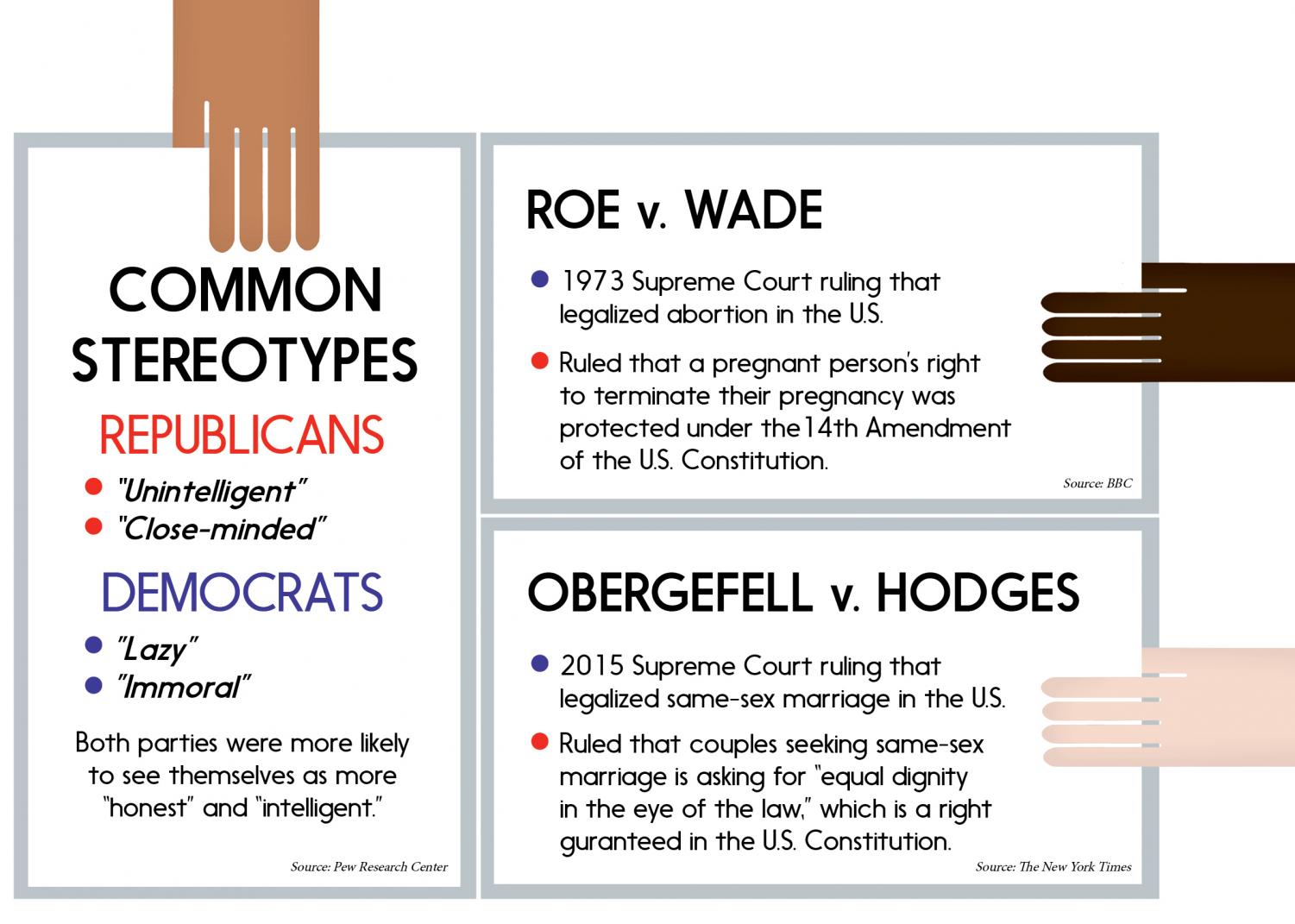
With the last four years bringing right-wing extremism and President Trump’s often hateful views to the country’s attention, the rivalry between blue and red is stretched to an unprecedented extreme. As a result, we frequently make presumptions about others based on their political affiliation, often assuming they hold identical beliefs to their party’s representative. Additionally, certain character traits have become associated with political parties. According to a 2016 Pew Research Center study on partisan stereotypes, Republicans were more likely to describe Democrats as “lazy” and “immoral” while priding themselves on their hard-working attitude and moral compass. Similarly, Democrats were more likely to say Republicans were more “closed-minded” while declaring their party’s so-called open-mindedness.
The problem with these stereotypes is that they do not account for the nuances in political beliefs from person to person. However, the increasing separation of political parties over Trump’s term has created an environment where being Republican immediately places you in the “Trump” section while being a Democrat puts you in the “Biden” section. Building on consensus is impossible with such hostility between these parties. Eventually, the cheering between blue and red teams becomes so loud that the true goal of the game is forgotten. Politics are no longer about resolving conflict and facilitating change; they are about defeating the other team.
Politics are no longer about resolving conflict and facilitating change; they are about defeating the other team.
So, what was at stake in this election? Well, a lot. This destructive divide between parties is what made the 2020 election so dangerously important in protecting fundamental human rights and equality. The recent appointment of Amy Coney Barrett to the Supreme Court solidifies a 6-3 conservative grasp over decisions, putting landmark cases like Roe v. Wade and Obergefell v. Hodges at risk of being overturned. Access to birth control and safe abortion procedures under Roe v. Wade is no longer guaranteed, marriage equality under Obergefell v. Hodges is in danger and the Affordable Care Act, created under the Obama administration, is at risk of repeal. For individuals whose lives are touched by these issues, ACB’s appointment may mean the destruction of their rights.
The Trump administration’s disregard for CDC guidelines and rejection of science has only hindered the country’s recovery from the pandemic. Even after a COVID-19 diagnosis and the start of the third wave of cases, little has been done by Trump to address the issue at hand. Unemployment rates not seen since the Great Depression have suddenly returned, drastically affecting more people of color than whites, according to the CDC. Since March, the country has only sunk further and further into a quicksand pit of decline, but no successful long-term efforts have been implemented to strengthen the economy or ensure well-being for all. Even if Biden has a solid plan, the hole Trump has dug over the past year in his COVID-19 response will limit the rate of improvement. It may be several years until the country returns to what it once was pre-pandemic, if at all. Trump’s often biased, self-centered actions have swayed the views of his Republican colleagues, stagnating progress and compromise in policy change. One’s political affiliation should never have priority over others’ rights, but this sentiment has gone ignored.
One’s political affiliation should never have priority over others’ rights, but this sentiment has gone ignored.
Imagining a world free of rampant political polarization is difficult, especially in 2020. However, there have been periods of bipartisanship throughout American history, marked by notable cooperation and compromise between Democrats and Republicans. These times ultimately ended, though, because of insatiable desires for power by politicians and their parties. Candidates that fully support their party and its initiatives are more likely to be put on the ballot on election day than those that deviate from their party’s platform. Throughout Trump’s presidency, racism and nationalism have become trademarks of the Republican party, putting innumerable lives at risk. People should not have to worry about their rights being revoked during election season, but that is what made the 2020 election so pivotal. The boundaries differentiating political affiliation have shifted so that civil rights and equality lie on the left while bigotry and hatred are to the right. While reconciliation and compromise between Democrats and Republicans must be prioritized, the first step is to ensure marginalized communities’ rights are protected.
If 2020 is the year politics became a spectator sport, we can only root for blue. President Trump’s actions have resulted in the deaths of hundreds of thousands and put millions of others at risk. If we have hope for the future, it cannot be with him at the forefront of it all.
Your donation will support the student journalists of West High School. Your contribution will allow us to purchase Scholarship Yearbooks, newsroom equipment and cover our annual website hosting costs.

(they/them) Caroline Mascardo is a senior at West High, and they are the editorials editor and a copy editor for the print publication. In their free time,...
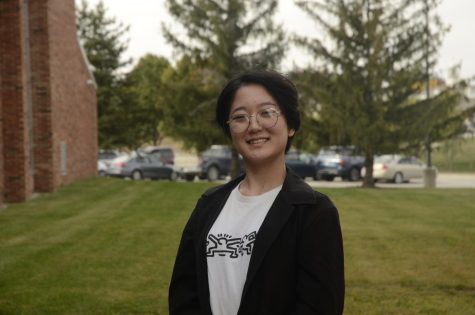
(she/they) Sachiko is a senior at West, and this will be their 3rd year on staff. She is a design editor and photographer for the print publication. In...


